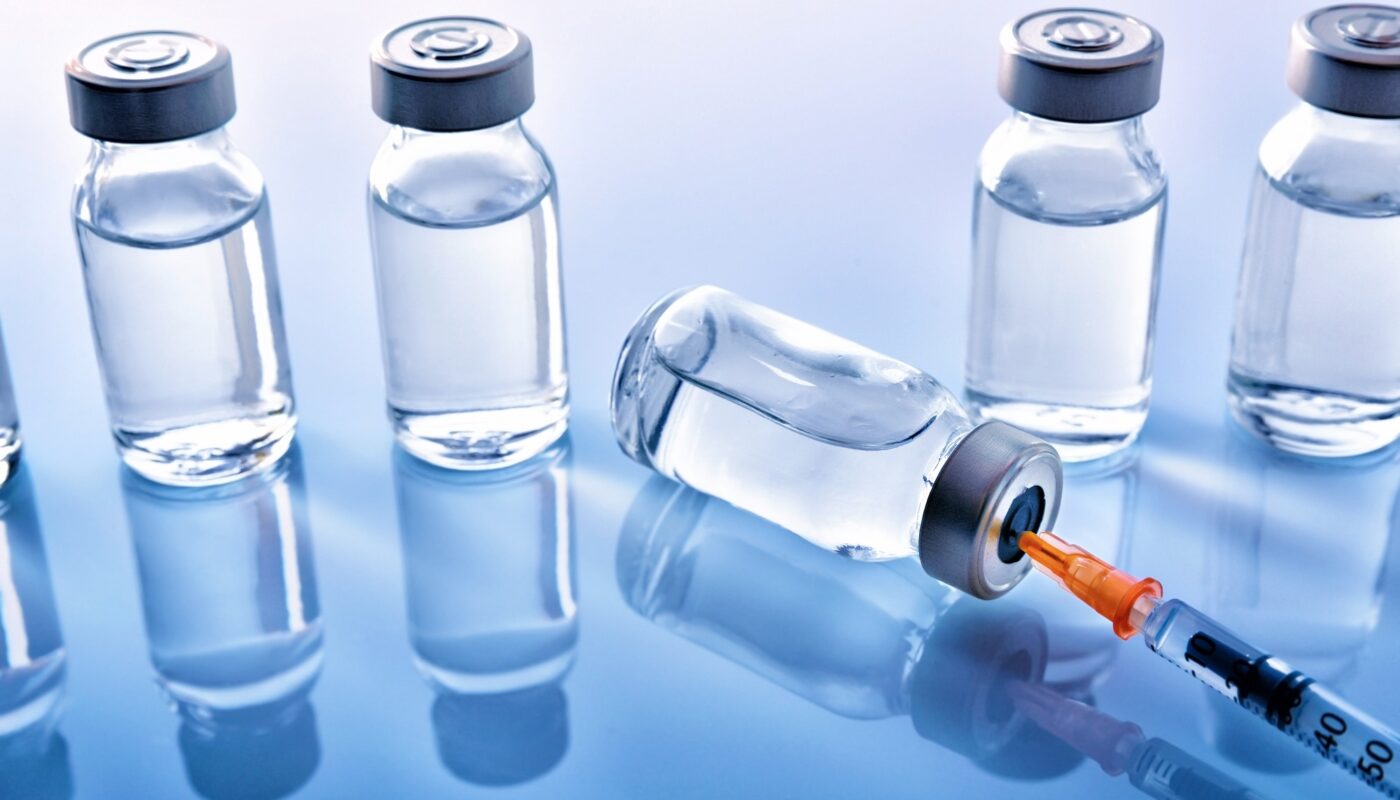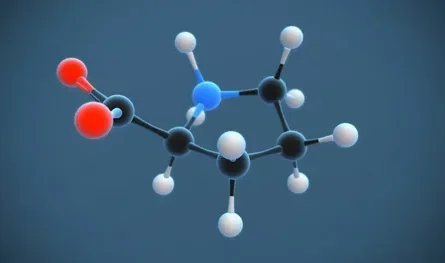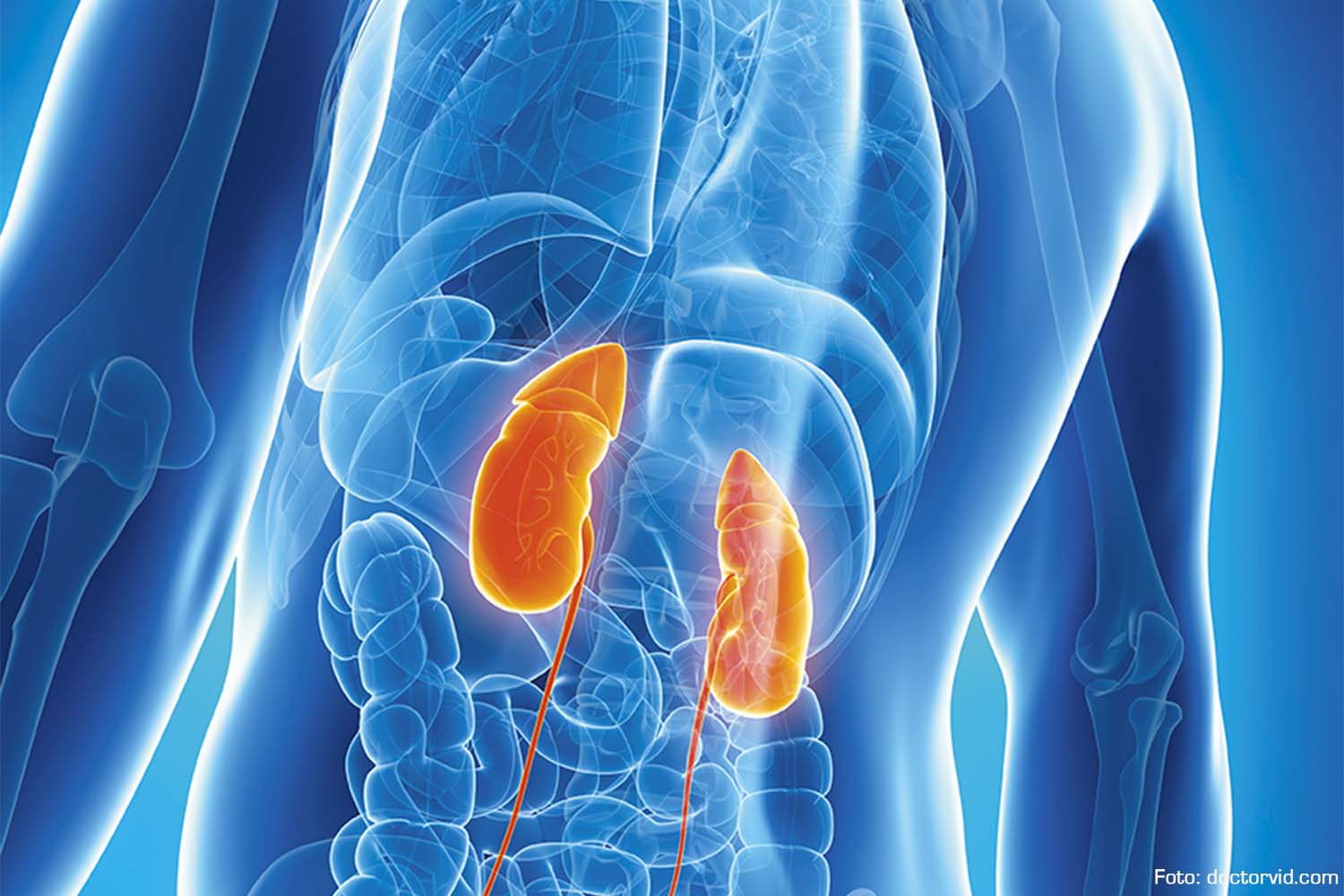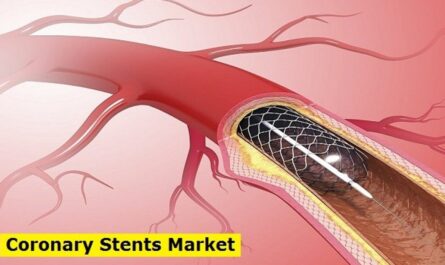What are Biosimilars?
Biosimilars are biologic medical products that are developed to be similar to an already approved biologic product, known as reference product or originator biologic. Biosimilars undergo rigorous testing to ensure they are as safe and effective as the originator product. Biosimilars offer potential cost savings compared to originator biologics which can help make biologic medicines more affordable and accessible to greater number of patients.
Regulatory Approval Process for Biosimilars
Regulatory authorities have established robust guidelines and pathways to approve Biosimilars An extensive analytical, nonclinical and clinical testing is conducted to demonstrate biosimilarity to the reference product. Biosimilars undergo physicochemical and functional characterization, toxicity and pharmacokinetic studies in animals, followed by comparative clinical trials. The clinical program aims to confirm no clinical meaningful differences in safety, purity and potency from the reference product. The approval is based on demonstrating biosimilarity and relies on extrapolation of clinical data from the approved indications of the reference product. This allows biosimilars to be approved for all conditions for which the originator product is approved.
Cost Savings Potential of Biosimilars
Bio-pharmaceuticals or biologics are hugely expensive to bring to market due to high research and development costs, complex manufacturing processes and requirements for extensive clinical testing. These costs are reflected in high list prices of biologic medicines which makes treatments unaffordable to many patients. Biosimilars offer an opportunity to lower healthcare spending through increased competition. Due to absence of costly clinical development programs, biosimilars enter the market at significantly lower prices than originator biologics, often 15-30% lower. Since biosimilars are approved to be interchangeable with the reference product, they capture greater market share over time which exerts further downward pressure on prices of the originator product as well. This translates in overall cost savings for drug procurement organizations and healthcare systems. Lower biosimilar prices can help expand access to more patients.
Biosimilars Sustaining Access to Crucial Therapies
Many blockbuster biologic drugs are expected to lose their patent protection in the coming years paving way for biosimilar competition. Prescription of originator brands will decline as doctors shift more patients to biosimilars due to proven equivalence and lower prices. As patents expire on biologics treating rheumatoid arthritis, cancer, diabetes, inflammatory bowel disease and other conditions, biosimilars can serve as more affordable treatment options allowing patients to continue therapy. Stable supply of affordable biosimilars after loss of exclusivity prevents disruptions in care. Given the growing budget impact of specialty biologics on healthcare, promotion of biosimilars becomes crucial to sustain long term access to important therapies.
Biosimilars Expanding Patient Access Globally
Globally biosimilars are playing a significant role in enhancing patient access to biologic treatments. In the EU, several major biosimilars such as for infliximab and epoetin alfa have captured over 50% market share within few years of launch, reducing treatment costs substantially. This has enabled healthcare systems to provide biologic treatment to larger population. In Middle Eastern countries like Saudi Arabia and United Arab Emirates, increased biosimilar adoption is expanding access to therapies for cancers and autoimmune diseases. In developing nations of Asia, Latin America and Africa, regulatory approvals of affordable biosimilars are paving the way to treat conditions not economically viable with branded biologics earlier.
Considerations to Facilitate Biosimilar Uptake
To promote wider utilization of safe and effective biosimilars, certain measures need to be considered. Educational initiatives are important to increase awareness among physicians, pharmacists and patients. Prescribing by brand name should be avoided to preclude bias. Automatic substitution at pharmacy level appropriate only if local guidelines allow therapeutic equivalence. Adequate pharmacovigilance should remain in place post marketing to monitor any safety signals. Payer policies need to incentivize use of lower-cost biosimilars. Price of reference product may need to be regulated to avoid ‘value-based’ competition jeopardizing sustainable prices of biosimilars. Stable supply of quality-assured biosimilars depends on pro-competitive environment supporting investment in manufacturing infrastructure. With their potential to bolster sustainable healthcare models, biosimilars warrant policy support to unlock their cost containment and access benefits fully.
Biosimilars are opening doors to make biologic treatments financially viable worldwide. By introducing similar but more affordable alternatives through rigorous development pathway, biosimilars facilitate expansion of access while freeing up resources for innovation. Their availability helps optimize allocation of scarce healthcare resources, especially critical for countries with limited budgets. With several blockbuster biologics patents expiring soon, biosimilars are set to bring revolutionary changes in treatment landscape globally in years to come. Timely utilization of biosimilars can alleviate huge disease burden and transform lives through sustainable access to advanced medical care.
*Note:
1. Source: Coherent Market Insights, Public sources, Desk research
2. We have leveraged AI tools to mine information and compile it.



